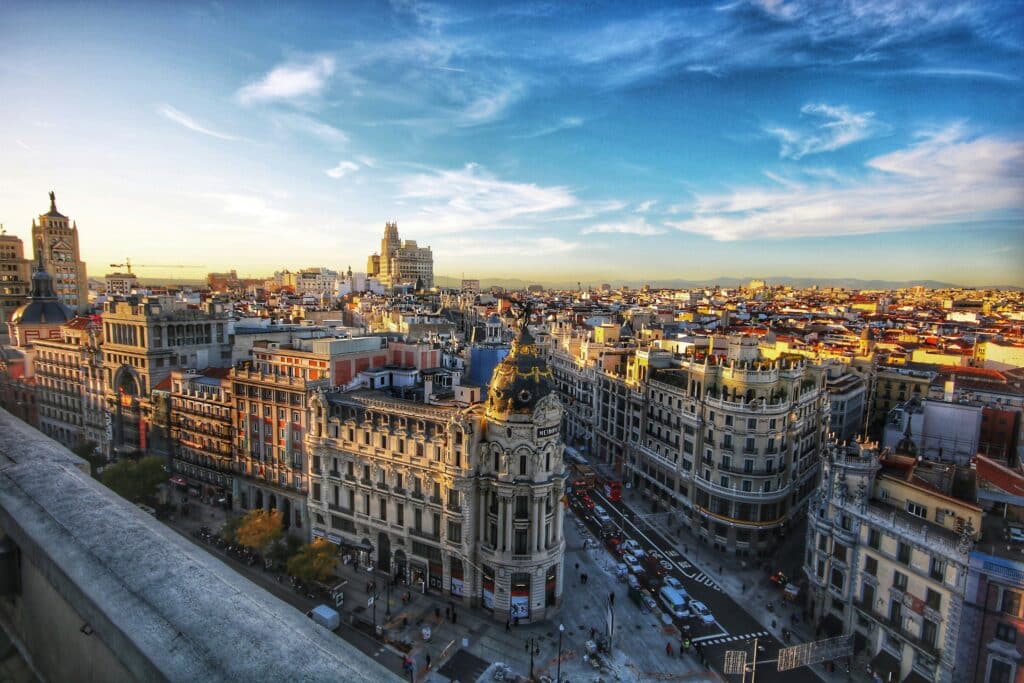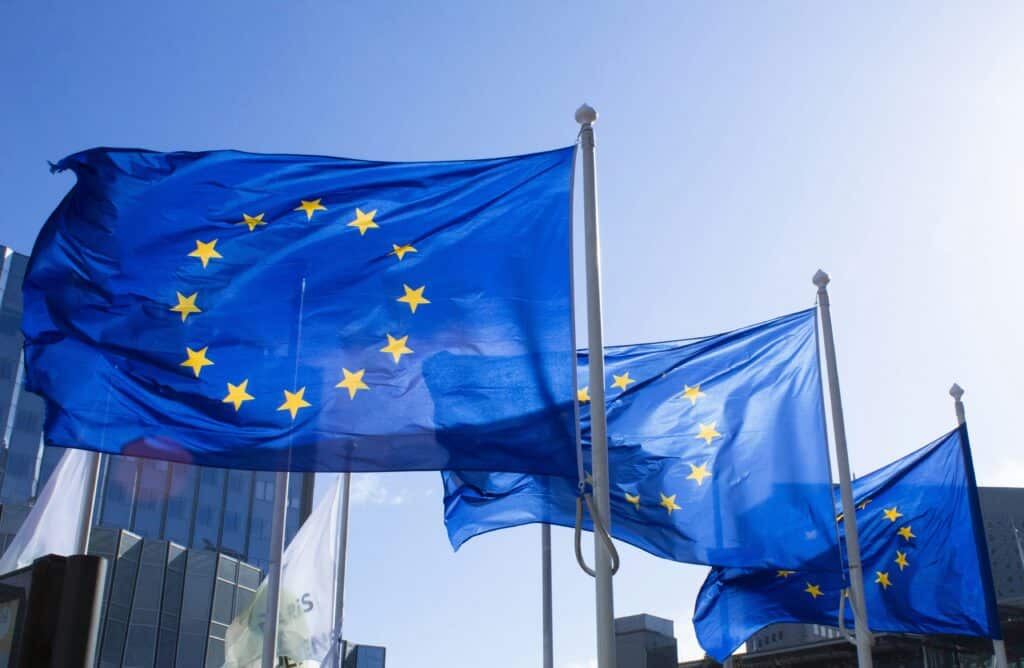The FutureGas Project
In this podcast, Maria Olczak (FSR) and Tara Sabbagh Amirkhizi, PhD student at the Technical University on Denmark, discuss the objectives, scope and preliminary results of the FutureGas project.
The FutureGas project investigates how the gas sector could be integrated into the Danish energy system and contribute to a clean energy transition e.g. through the injection of green gas.
The researchers from Technical University of Denmark (DTU) and key stakeholders of the Danish gas industry have been working with 18 international partners (including the Florence School of Regulation) to pursue the research on the potential opportunities across the gas value chain. The project also looks into different national experiences with renewable gas injection and support systems.

In the first part of the podcast, the key information regarding the scope, objectives and the work packages of the project are provided. Then, Maria and Tara discuss how this project fits into the changing policy landscape in Denmark with the adoption of a new 55% renewables target.
As the FutureGas project concludes at the beginning of 2020, some preliminary results are already available:
- Upgrading the biogas to biomethane is more cost-efficient than utilizing biogas directly.
- Such results are very sensitive towards the gas price, as high gas prices encourage the production of renewable gases.
- Initial laboratory tests demonstrate that gas boilers are less sensitive towards the differing gas qualities than expected. This finding could contribute to the debate on gas quality harmonisation in the EU.
- Last but not least, a new support system for biogas has been proposed, to ensure that green gas’ value is recognised in cross-border trade and by the final consumers.
Curious to know more about the project? Listen to the podcast:
You can find more information, reports and presentations on the project webpage!
Tara Sabbagh Amirkhizi is a PhD student at the Technical University on Denmark.
 Tara is working in the Energy Economics and Regulation (EER) group on market regulation, taxes and tariffs for renewable gas. Before her PhD, she was working in Germany focusing on German Market Regulation on electricity and auxiliary services. She has a master degree in industrial engineering Management from the Technical University of Hamburg.
Tara is working in the Energy Economics and Regulation (EER) group on market regulation, taxes and tariffs for renewable gas. Before her PhD, she was working in Germany focusing on German Market Regulation on electricity and auxiliary services. She has a master degree in industrial engineering Management from the Technical University of Hamburg.
Maria Olczak is a Research Associate of the Gas Area at the Florence School of Regulation.
 She holds MA in European Studies from the University of Warsaw and MA in European Interdisciplinary Studies from the College of Europe. At the FSR she is working on the following topics: the role of renewable gas in the decarbonisation of the gas sector, sector coupling and fugitive methane emissions in the gas industry.
She holds MA in European Studies from the University of Warsaw and MA in European Interdisciplinary Studies from the College of Europe. At the FSR she is working on the following topics: the role of renewable gas in the decarbonisation of the gas sector, sector coupling and fugitive methane emissions in the gas industry.







